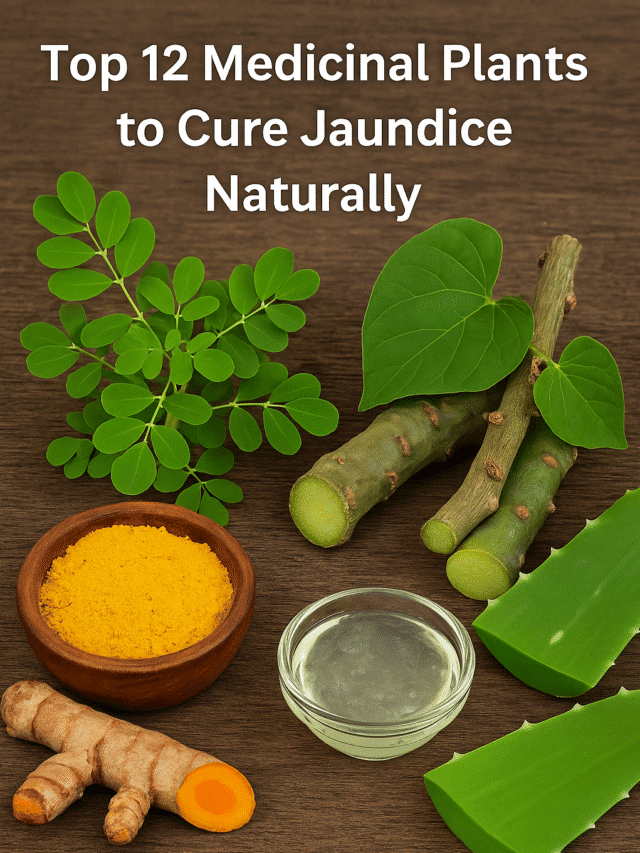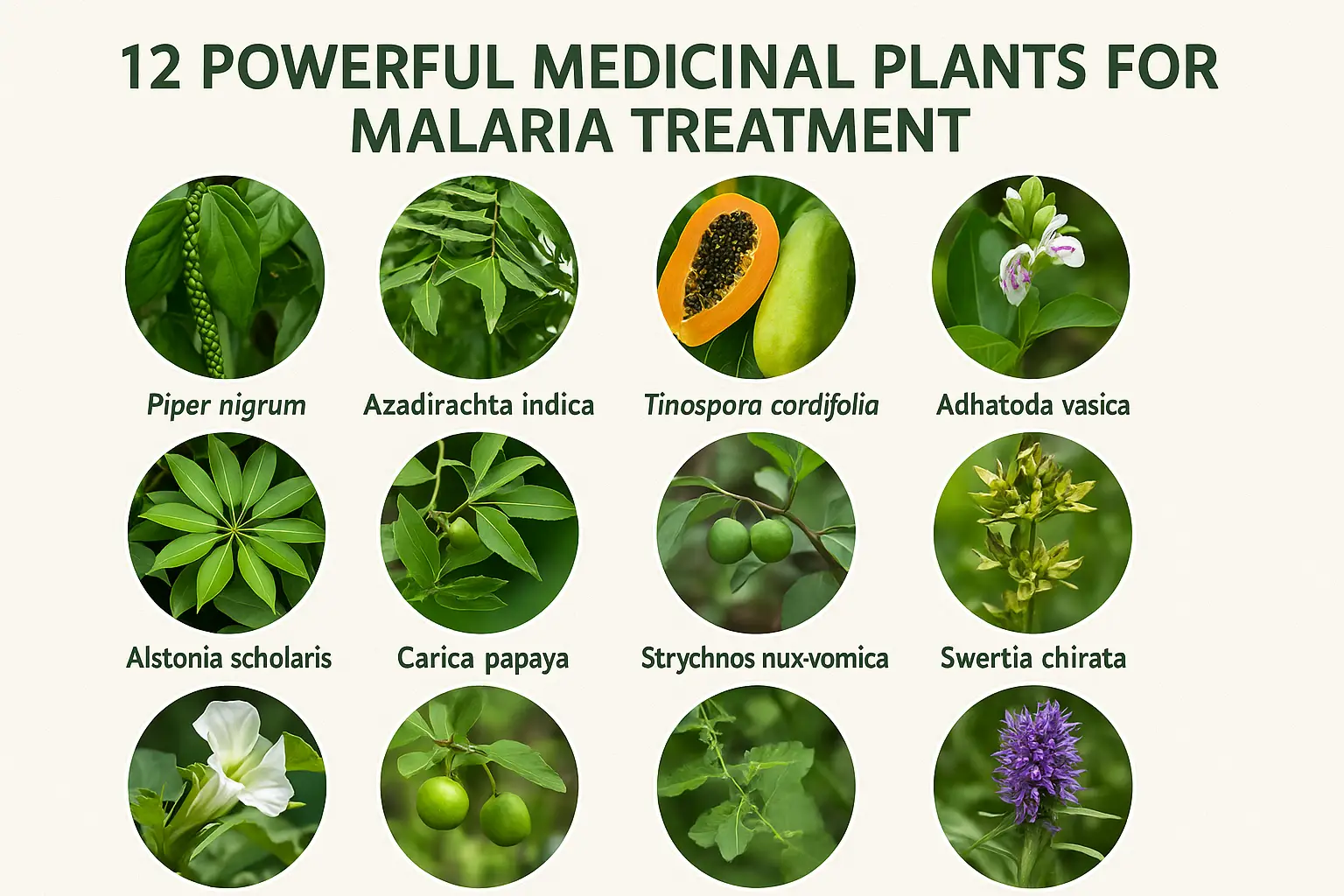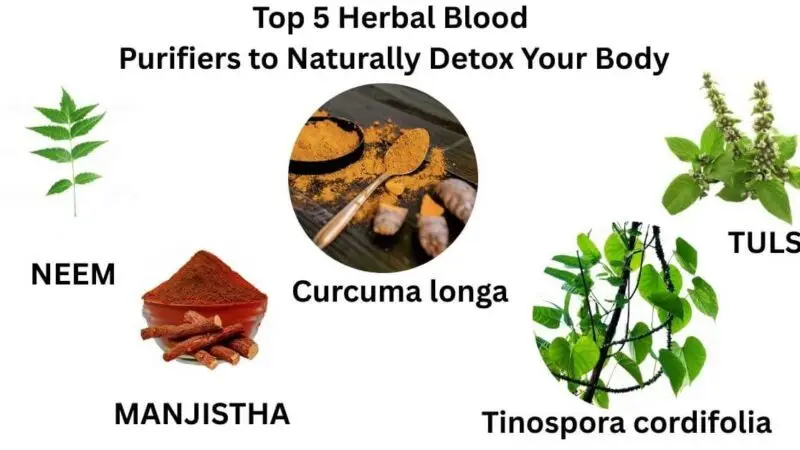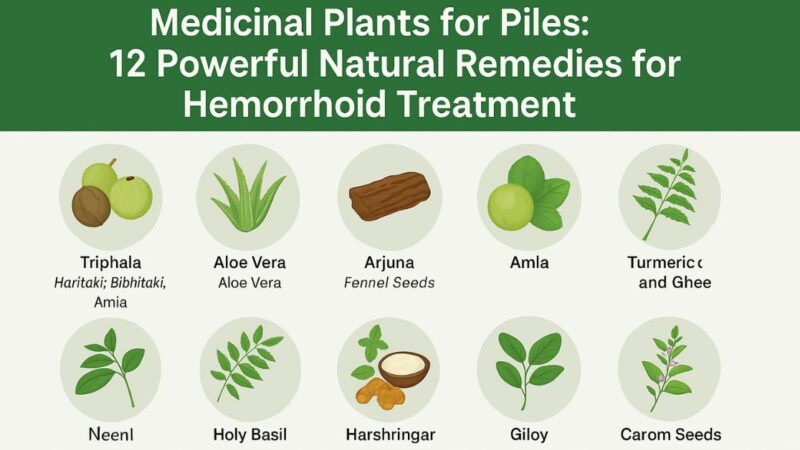12 Powerful Ayurvedic Herbs to Treat Jaundice and Improve Liver Function
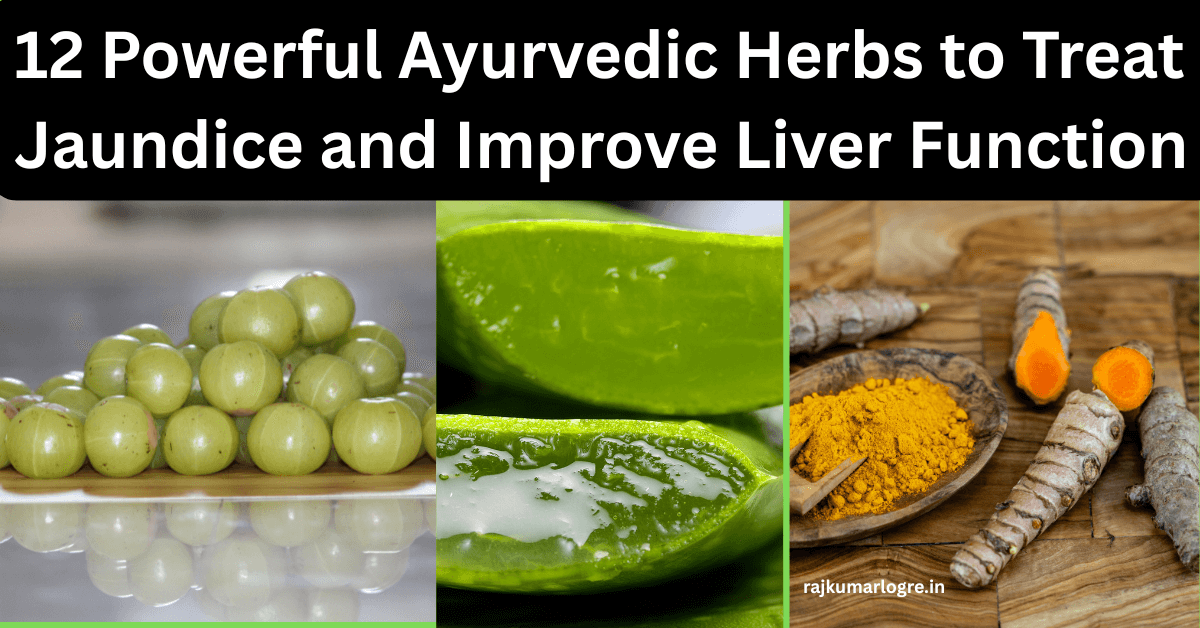
Healing Jaundice Naturally: Powerful Medicinal Plants for Liver Health
Introduction to Jaundice
What is Jaundice?
Jaundice isn’t just about yellowing eyes and skin—it’s your body waving a big red flag that something’s wrong with your liver. Essentially, jaundice is a condition where there’s an excessive buildup of bilirubin, a yellowish pigment that’s a byproduct of red blood cell breakdown. Under normal conditions, the liver filters bilirubin out of the blood and excretes it in bile. But when the liver is inflamed, infected, or obstructed, bilirubin accumulates in the body, leading to the yellowing that characterizes jaundice.
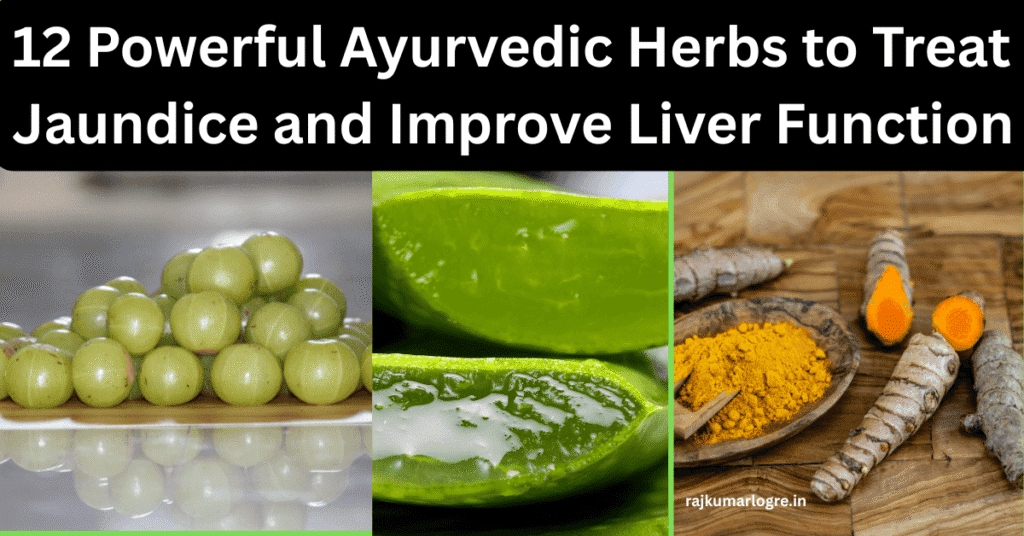
This condition isn’t a disease itself but a symptom of underlying health issues, most often linked to the liver. Whether it’s hepatitis, cirrhosis, or a blocked bile duct, jaundice is the body’s way of sounding an alarm.
Common Causes and Symptoms of Jaundice
When your liver struggles, your body shows it. Common causes of jaundice include:
- Hepatitis A, B, C infections
- Alcoholic liver disease
- Gallstones or bile duct obstruction
- Liver cirrhosis
- Pancreatic cancer
And the symptoms? They’re more than just yellow eyes. You might experience:
- Fatigue and weakness
- Dark urine and pale stools
- Itchy skin
- Abdominal pain, especially in the upper right side
- Loss of appetite
- Nausea and vomiting
The severity of these symptoms can vary, but ignoring them is risky. This is why early diagnosis and a supportive treatment approach—including the use of medicinal herbs—can be crucial.
The Role of the Liver in Detoxification
Consider your liver to be the chemical processing facility of your body. It’s constantly at work filtering toxins, processing nutrients, and producing bile to aid digestion. When it’s healthy, it keeps everything running smoothly. But under stress—due to infections, alcohol, or poor diet—its efficiency drops, leading to toxin buildup and problems like jaundice.
To support your liver, especially when it’s fighting off jaundice, using natural, plant-based remedies can be incredibly effective. These herbs not only soothe and protect the liver but also aid in detoxification, restoring the organ’s vitality.
The Power of Traditional Herbal Remedies
Ethnobotanical Significance in Liver Treatment
Across India and many parts of the world, traditional healers have long trusted nature’s pharmacy. For centuries, people have turned to local herbs and roots to manage ailments, especially liver-related ones like jaundice. This practice isn’t random—it’s rooted in generations of trial, observation, and success.
Ethnobotany, the study of how people use plants for health, gives us deep insights into why specific herbs are still used today. The plants we’ll explore aren’t just folk remedies; many are backed by modern science validating their hepatoprotective (liver-protecting) properties.
Why Use Plants for Jaundice?
Because they work—and often without the harsh side effects of conventional drugs. Herbal remedies for jaundice are:
- Natural and gentle on the liver
- Rich in antioxidants and anti-inflammatory compounds
- Known to stimulate bile flow
- Effective in regenerating liver cells
Plus, these remedies tend to be accessible and affordable, making them a viable option for many.
Science Behind Herbal Healing
Modern research supports what ancient healers have known for ages. Numerous studies have highlighted the anti-inflammatory, antiviral, and detoxifying properties of plants like turmeric, bhui amla, and giloy. For instance, compounds like curcumin in turmeric or lignans in Phyllanthus niruri help reduce liver inflammation and combat hepatitis viruses.
With this scientific backing, we can use these plants confidently—blending tradition with evidence-based care.
12 Potent Medicinal Plants to Treat Jaundice
Phyllanthus niruri (Bhui Amla): The Liver Protector
Bhui Amla, also known as “stonebreaker,” has earned a reputation as a powerful liver healer. Used in Ayurveda and Siddha medicine, this small weed carries potent bioactive compounds like phyllanthin and hypophyllanthin. These compounds protect liver cells from toxins and oxidative stress—key issues in jaundice.

Daily consumption of its fresh juice (2 teaspoons morning and evening) has shown marked improvement in liver function and faster recovery from jaundice. It enhances bile production, reduces liver inflammation, and supports detox pathways, making it one of the most reliable plants for jaundice.
Tinospora cordifolia (Giloy): The Immunity Booster
Tinospora cordifolia, often known as giloy, is a climbing plant that is used extensively in Ayurvedic medicine. Known as “Amrita” or the root of immortality, it’s celebrated for its incredible ability to bolster the immune system and combat a wide range of infections, including those that affect the liver. In the context of jaundice, giloy helps by reducing liver inflammation and promoting the regeneration of liver cells.
Its active compounds—such as tinosporaside and cordifolioside—are known to detoxify the liver and improve enzyme function. Consuming fresh giloy juice (1-2 teaspoons on an empty stomach) each morning has been shown to cool liver heat and significantly ease jaundice symptoms. Besides its hepatoprotective properties, giloy also boosts white blood cell activity, aiding the body’s overall recovery.
Emblica officinalis (Amla): The Digestive and Cooling Agent
Amla, or Indian gooseberry, is a nutrient powerhouse packed with vitamin C and powerful antioxidants. It is frequently used to promote the health of the skin and hair, but it is also essential for liver detoxification. Amla supports liver function by flushing out toxins, strengthening digestion, and reducing acidity—benefits that are particularly helpful when the liver is under stress due to jaundice.
Daily intake of fresh amla juice on an empty stomach can significantly aid liver detox, improve bile flow, and cool the system—counteracting the heat imbalance often associated with liver conditions. Its anti-inflammatory nature also calms internal inflammation, giving the liver a better environment to heal.
Curcuma longa (Turmeric): Nature’s Anti-inflammatory
In addition to being a culinary spice, turmeric has therapeutic properties. Curcumin, the main compound in turmeric, is known for its potent anti-inflammatory and antioxidant effects. In jaundice, where liver inflammation and oxidative stress are major concerns, turmeric becomes incredibly useful.
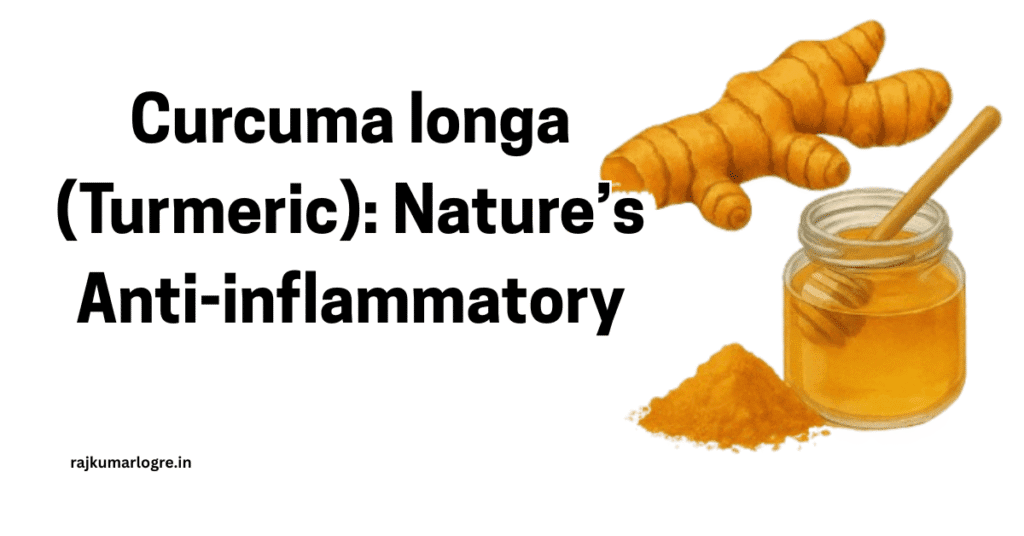
Taking turmeric powder with honey not only enhances its absorption but also provides a dual benefit—cleansing the liver and fighting infections. Regular use helps reduce liver swelling, supports bile secretion, and speeds up the regeneration of damaged liver tissue. For best results, take a teaspoon of turmeric powder mixed with honey twice daily.
Picrorhiza kurroa (Kutki): The Bitter Liver Tonic
Kutki might not be as popular as turmeric or amla, but it’s a hidden gem in liver therapy. Traditionally used in Ayurvedic treatments for jaundice, this bitter herb is packed with compounds like kutkin and picroside that have been clinically shown to lower bilirubin levels and protect liver cells from further damage.
Kutki acts as a liver stimulant, improving digestion and bile production. Taking its powdered root (half a teaspoon twice a day) can significantly enhance liver function and clear up symptoms of jaundice faster. Its bitter nature may not please your palate, but your liver will definitely thank you.
Azadirachta indica (Neem): The Blood Purifier
Neem has long been known as a purifying agent, thanks to its antibacterial and antiviral properties. In jaundice, neem supports liver health by purifying the blood, reducing inflammation, and promoting detoxification.
Drinking neem leaf juice or taking it in capsule form helps flush out toxins, which in turn reduces the liver’s workload. Regular use also supports immunity, helping the body combat underlying infections that may be causing jaundice. Just one teaspoon of neem juice daily can work wonders for liver function and skin clarity—another jaundice concern.
Boerhavia diffusa (Punarnava): The Detoxifying Root
Punarnava, known in traditional medicine as a rejuvenator, is a powerful herb when it comes to detoxifying the liver and kidneys. Given its extraordinary capacity to restore liver function, its name literally translates to “renewed again.” For those battling jaundice, Punarnava works by enhancing urine output, reducing liver swelling, and flushing out toxins that contribute to the condition.
The root juice of Punarnava is particularly effective. Consuming 1-2 teaspoons of its extract twice a day can help reduce water retention, improve digestion, and alleviate inflammation in the liver. Rich in alkaloids and flavonoids, it protects hepatocytes (liver cells) and promotes their regeneration. Punarnava also aids in maintaining electrolyte balance and supports overall metabolism—both crucial when the body is under stress due to jaundice.
Coriandrum sativum (Coriander Seeds): The Digestive Helper
Coriander seeds may seem like a simple spice, but they hold incredible medicinal value. When it comes to jaundice, they’re highly effective in boosting digestion and enhancing liver function. Soaking a tablespoon of coriander seeds in water overnight and drinking the strained water the next morning can help stimulate bile production and aid in toxin elimination.
Coriander is rich in linalool, an essential oil that has carminative and anti-inflammatory properties. These compounds not only soothe the digestive tract but also support the liver in metabolizing waste more efficiently. Incorporating coriander into your diet can also help regulate blood sugar levels and prevent additional stress on the liver.
Daucus carota (Carrot): The Blood Builder
Carrots are more than just good for your eyesight—they’re a liver’s best friend. Packed with beta-carotene, vitamin A, and antioxidants, carrots play a vital role in detoxifying the body and increasing red blood cell production, both of which are key during jaundice recovery.
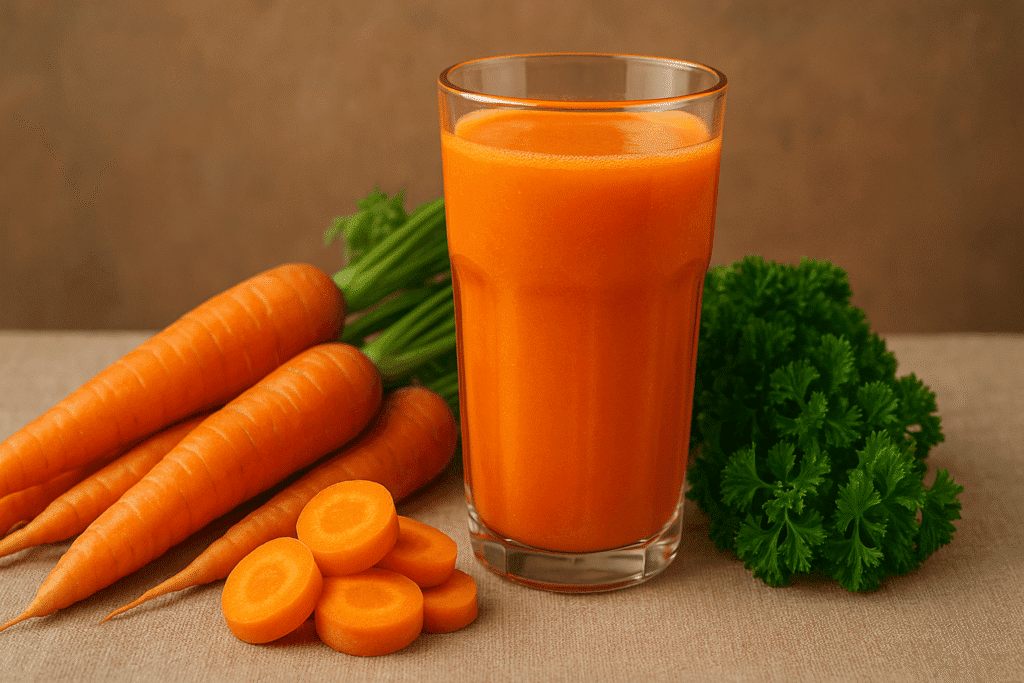
Daily consumption of fresh carrot juice helps cleanse the liver by flushing out bile and reducing fat deposits in the liver tissue. Its fiber content also aids digestion and prevents constipation, which can exacerbate liver issues. Carrots support the immune system, reduce oxidative stress, and are extremely hydrating, helping the body recuperate from jaundice’s draining effects.
Citrus limon (Lemon): The Natural Cleanser
Lemon juice, especially when mixed with warm water, acts as a gentle and effective liver cleanser. It promotes the secretion of bile, aids digestion, and helps remove toxins from the body—functions that are impaired during jaundice. Lemons are rich in vitamin C, a powerful antioxidant that protects liver cells from damage and boosts the immune response.
Drinking a glass of lukewarm lemon water first thing in the morning stimulates liver function and supports enzymatic activity. It also helps alkalize the body, reducing overall inflammation. Regular use can improve skin clarity, regulate appetite, and help the body metabolize fat more efficiently, relieving the liver’s workload.
Carica papaya (Papaya Leaves): The Cell Regenerator
Papaya is commonly known for its digestive benefits, but its leaves are particularly beneficial for liver health. In jaundice, papaya leaf juice works to regenerate damaged liver cells, reduce inflammation, and improve platelet count—essential for healing and overall recovery.
Papain and chymopapain, two enzymes found in papaya leaves, aid in digestion and liver cleansing. To prepare, crush a few leaves, extract the juice, and consume 1-2 teaspoons daily. Its antioxidant-rich composition not only repairs liver tissue but also supports the immune system. This makes it an ideal herbal remedy for jaundice, especially in cases related to viral hepatitis.
Aloe vera: The Cooling and Soothing Healer
Aloe vera is best known for its skin-healing properties, but internally, it works wonders on the liver. When jaundice strikes and the liver becomes overheated and inflamed, aloe vera pulp can offer relief like no other. It’s cooling, soothing, and packed with nutrients that not only hydrate but also support the detoxification process.
The gel from fresh aloe vera leaves contains compounds such as aloin and polysaccharides, which have strong anti-inflammatory and immune-boosting properties. Regular intake of aloe vera (2 tablespoons of the inner gel mixed with warm water) can help reduce internal heat, flush toxins, and accelerate the liver’s healing. It also promotes better digestion, ensuring your system doesn’t add more stress to the already burdened liver.
How to Use These Herbs Safely
Proper Dosage and Preparation Methods
While these herbs offer remarkable benefits, their effectiveness lies in proper usage. Each plant has a specific dosage and preparation method to maximize its therapeutic potential. For example:
- Bhui Amla juice: 1-2 teaspoons twice daily.
- Giloy extract: In the morning, take 1 teaspoon with warm water.
- Kutki powder: 250 mg to 500 mg twice daily before meals.
- One teaspoon of turmeric combined with warm milk or honey.
Always use fresh herbs when possible. Decoctions, infusions, juices, and powders all have different potencies. Improper dosage may either dilute the benefits or cause adverse effects. It’s crucial to consult a qualified herbalist or Ayurvedic practitioner before starting any herbal regimen.
When to Consult a Healthcare Professional
Even though natural remedies are generally safe, jaundice can indicate serious underlying conditions that need medical evaluation. If your symptoms persist for more than a few days, worsen, or include severe abdominal pain, high fever, or extreme fatigue, consult a doctor immediately.
Natural treatments work best as supportive therapies alongside professional medical care. Never rely solely on herbs for severe cases of hepatitis, liver cirrhosis, or bile duct obstruction. To determine the precise cause and degree of liver damage, a proper diagnostic, blood tests, and imaging examinations are essential.
Lifestyle and Dietary Tips to Support Liver Health
Foods That Support Liver Function
Your liver loves clean, wholesome foods that are easy to digest. While healing from jaundice, your diet should focus on:
- High-antioxidant fruits: Papaya, oranges, apples, and berries.
- Leafy greens: Spinach, kale, and coriander.
- Whole grains: Brown rice, oats, and millets.
- Hydrating fluids: Coconut water, herbal teas, and lemon water.
- Healthy fats: Olive oil, nuts, and seeds.
Avoid oily, spicy, processed foods, and alcohol. These put the liver under stress and prevent it from recovering. Smaller, frequent meals help maintain energy without overwhelming digestion.
Habits to Avoid During Jaundice Recovery
While recovering from jaundice, steer clear of:
- Alcohol: It’s toxic to the liver in its weakened state.
- Smoking harms liver cells and reduces the oxygen supply.
- Overeating: Strains the digestive system.
- Lack of sleep and stress both hinder the body’s capacity to repair itself.
- Self-medicating: Over-the-counter drugs can harm liver cells.
Rest is crucial. Allow your body time to repair and avoid physical overexertion. Mental peace, hydration, and a liver-friendly diet are your best allies in speeding up recovery.
Conclusion
Jaundice is a sign that your liver is in trouble, but nature has given us an incredible pharmacy of herbal remedies to fight back. From the detoxifying powers of bhui amla and punarnava to the cooling relief of aloe vera and the immune-boosting magic of giloy, these plants offer a holistic, effective approach to liver healing.
By combining these herbs with a mindful diet and a healthy lifestyle, you not only recover faster but also fortify your body against future liver issues. Nature works gently but powerfully—often delivering results where synthetic medicines fall short. Embrace these ancient remedies, use them wisely, and let your liver breathe easy again.
FAQs
Can jaundice be treated at home using herbs?
Yes, mild cases of jaundice can often be supported with herbal remedies, especially when caused by dietary or temporary lifestyle factors. However, for an accurate diagnosis, always seek medical advice.
How long do organic remedies take to start working?
Natural remedies generally show improvement in 1-2 weeks when used consistently. The exact timeline depends on the severity of the jaundice and the individual’s overall health.
Does utilising these plants have any negative effects?
Most herbs are safe when used in moderation. Overuse or incorrect preparation can lead to digestive issues or allergic reactions. Before beginning any herbal treatment, speak with a healthcare professional.
Can children and pregnant women use these remedies?
Some herbs may not be suitable for children or pregnant women. Always consult a pediatrician or gynecologist before administering herbal treatments in these cases.
How can I prevent jaundice naturally?
Maintain a liver-friendly diet, avoid excessive alcohol, stay hydrated, manage stress, and include detoxifying herbs like turmeric, amla, and coriander in your regular routine.

